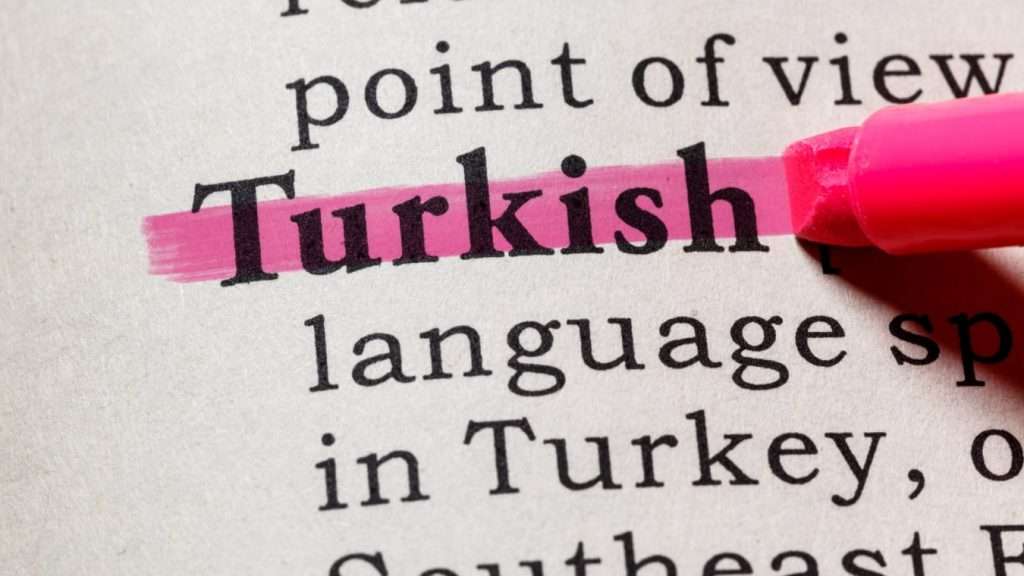For twenty years, as a partner in a translation company that has gained both clients and suppliers from all corners of the world—from Korea to Canada, South Africa to Finland—I have sadly witnessed Turkish becoming one of the world’s cheapest languages. Over the last ten to fifteen years, the slight decline in translation prices across all languages and service types globally has understandable reasons. However, how can we explain the dramatic drop in Turkish translation rates?
Translation service as skilled labor and the hell of labor!
As we all know, in free market conditions, prices are determined by the balance of supply and demand. So, has the demand for Turkish decreased over time? Or have Turkish translation suppliers increased excessively? In either case, competition is inevitable, but why is there no issue with engaging in price competition instead of competing on quality or service? Welcome to Turkey, where reckless competition by those who have no respect for their work has turned the industry into a hell for qualified labor.
Process approach and international quality standards in translation services
Supply and demand are evaluated using both qualitative and quantitative criteria, aren’t they? In the service industry, especially in the skilled labor market, defining the product often poses challenges. When it comes to “translation,” the undefined nature of the product can be dizzying. Unfortunately, even the most basic product names are shrouded in a thick layer of ambiguity. For instance, what exactly is “translation”? What should its success criteria be? In other words, what are the acceptance conditions for a buyer evaluating a translated text? The processes and concepts surrounding this unique product are unclear anywhere in the world; there isn’t even complete agreement on definitions among translation companies, associations, or academics. The ISO 17100 quality standard addresses a significant gap in this area, but is it enough? Is it necessary for buyers of translation services to be familiar with ISO standards? Every country faces challenges in defining products and processes, and they will likely continue to do so. However, in Turkey, the situation has long since spiraled out of control (perhaps the reins were never truly in hand).
The sensitivity and expectations of Turkish-speaking people towards language and translation!
What are the expectations of the average person, the ordinary citizen, regarding the language and communication skills of others? How do people living in Turkey react to language errors they encounter while reading books, newspapers, magazines, or watching television? How many of them actually respond? This reaction (or lack thereof) is what determines the value of language.
In Turkey, when we notice expression or spelling errors while watching a subtitled film, we either ignore them or laugh them off. However, in the Netherlands, viewers who spot mistakes in subtitles rush to the box office to demand their money back.
What is the instruction manual, who reads it, who understands it... all empty!
We don’t ask if the products we purchase have a Turkish user manual; even if they do, we don’t read it, and if we do, we don’t understand it. Because we think, “User manuals aren’t written to be understood anyway. We’ll just look at the button icons and press them. If it doesn’t work, we’ll call the seller and ask… So, what should we do, return the product because the manual isn’t clear? Who would we complain to, and about what?” As long as the societal expectation for language remains at this level, why should translation companies strive to create more quality control points, work with better translators, or invest more effort and money? Except for a few “meticulous” clients, nobody is looking for quality in language and communication skills.
So, what’s the solution? Is it the translators’ responsibility to raise the educational level of people who have been subjected to one of the world’s worst education systems for decades? (*According to the OECD Education Index, Turkey ranks fourth from the bottom, Dilan Gözlügöl, BBC Türkçe, http://www.bbc.com/turkce/haberler-dunya-37779042)
Generations raised with methods solely focused on exam success scores, and whose ignorance is politically exploited, can respond with anger when corrected with “de should be written separately, there shouldn’t be a space before a comma…” saying, “What’s it to you? Isn’t it understandable like this?” Unfortunately, a significant portion of the ultimate recipients of language services reacts in a way contrary to our expectations. Teachers admit: “We’re not teaching Turkish, English, mathematics, history, biology, etc. We’re teaching how to get high scores on these subjects’ exams. Your kids can learn these things later if necessary. Let them get into a university first… We don’t have time to actually teach anything because our success rates in exam results will determine our school’s value for the next year.”
Is training the job of translators or translation companies? Who is responsible for training?!
We are faced with an education problem that will take generations to improve, and unfortunately, this issue is beyond the power of translators or translation organizations to solve. For now, here’s what we can do: Raise societal expectations regarding language proficiency, create awareness, support those working in this field, and consider the dignity of the work we do, even if we don’t prioritize our own respectability while competing.
Mete Özel
Note: This article was originally published on page 72 of the 2020 publication *Çevirilopedi, Çevirmenin Ansiklopedisi, Çeviri Kitabı* (Chapter 2). We believe this article is still relevant today, so we deemed it appropriate to republish it on our blog with a few minor updates.



Comments are closed